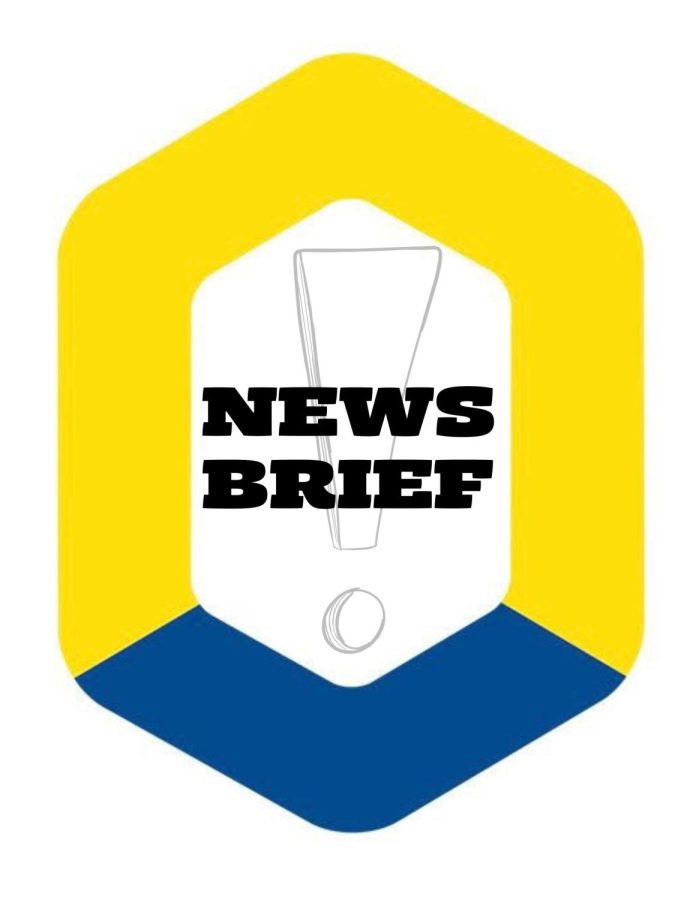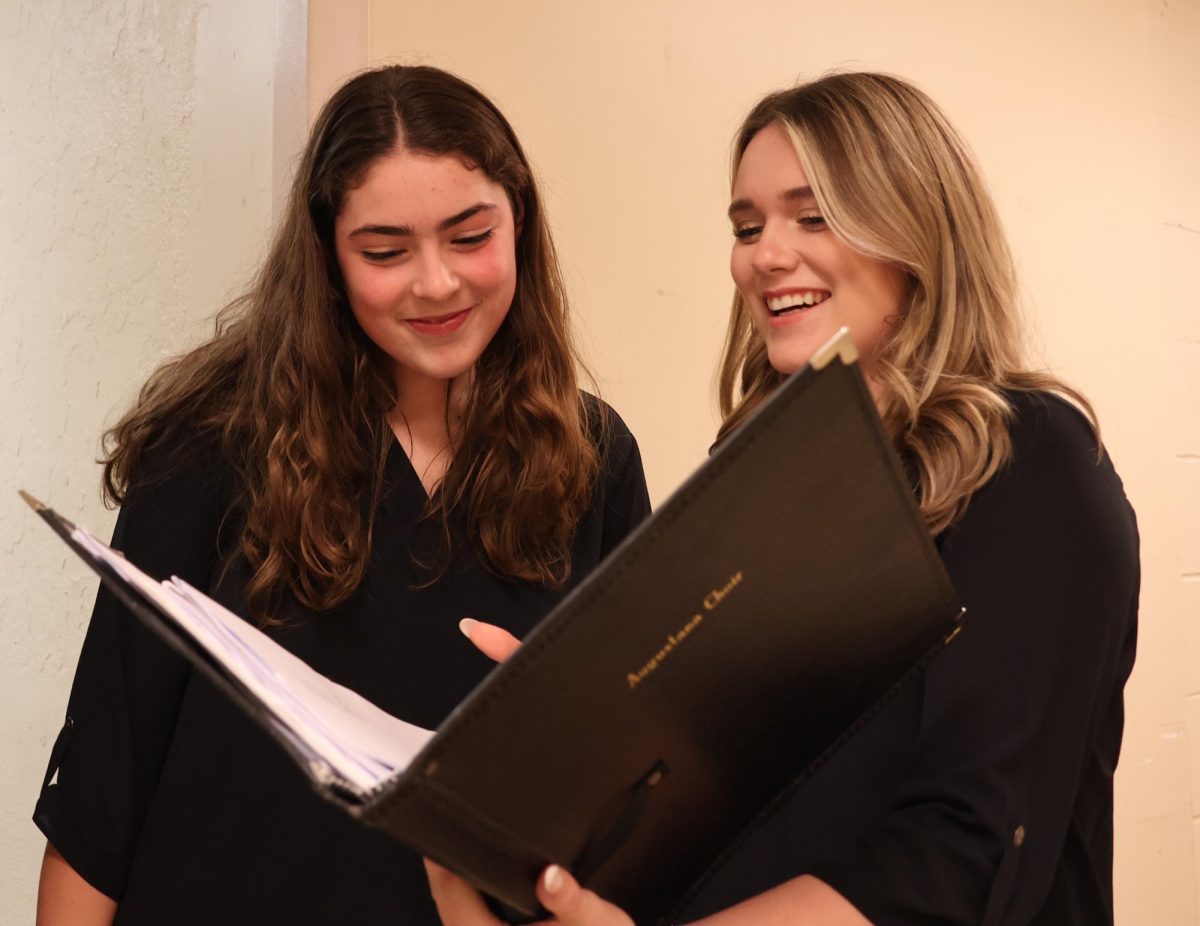There is no denying that 2018 was a great year for music, but it was also a tumultuous one. Predictably, another year of America approaching peak political polarization generated another year of music with an edge.
Artistic expression seemed to function most poignantly as a weapon, and a quick glance at year-end lists reveal album after album of pointed social critique.
The tone has been set decidedly different as James Blake’s fourth full-length album “Assume Form” released on January 18. Blake is offering listeners a year started by celebrating love: its boundless, impenetrable bliss, as well as its rougher edges and uncomfortable silences.
The album wastes no time approaching this theme, as Blake croons on the opener and title track: “I will assume form/ I’ll leave the ether.” The instrumentation Blake’s voice slinks over, around and across feels as if it’s also looking to assume a solid form.
Methodical, throbbing bass fades in and out of the track, piano arpeggios twinkle in the mid-distance and synths whisper with urgency from the very edges of the mix. The whole thing feels more like a suggestion of a song than an opening track, but the build it creates to the euphoria that follows is strikingly effective.
The rest of the album Blake presents is a slick, smooth mix of elements of R&B, soul, pop, electronica and hip-hop. Hearing the percussive snap of 808’s is a bit jarring after the abstract nature of the opening track, but as the album continues it becomes a welcome change of pace.
It’s an ambitious fusion of genres, but fortunately Blake brought a features list a mile long and has more than enough talent for back-up.
Metro Boomin and Travis Scott perform solid verses on the first half of the album and Andre 3000 offers up an incredible feature in a stand-out moment of the album on “Where’s The Catch?” There’s no clear indication of how much direction Blake gave to his featured artists, but no performance feels out of place.
None of these features, however, eclipse the silky tenor that Blake brings in full force to every track. It’s a flexible voice, a voice that can be sexy, confident and most importantly, vulnerable. At the midpoint of the album, on “Are You In Love?,” Blake drops the title question and his facade drops for a moment, his voice nearly a whimper as he pleads: “Unless you calm my mind for me/This could slide, this could easily slide for me/…into borrowed time, borrowed time.” This moment of vulnerability is unmatched on the rest of the album; it’s a stark picture into the insecurities of a blooming relationship and grounds the love story fantasy present throughout the rest of the album in a humanity that we can all understand.
The album offers other unique takes on the traditional love song as well. “Into The Red” is a story of a relationship in which Blake’s artistic pursuits lead to him being financially supported by his then girlfriend, an interesting inversion of the tired trope of men as financial providers. On “Power On,” Blake sings about accepting the fact that being proven wrong is part of a relationship. In the chorus he declares: “Have you ever coexisted/So easily?/ Let’s go home and talk shit about everyone/ Let’s go home, finally.” Blake revels in the small parts of a relationship, the day-to-day interactions that other love songs pass over for glitz and glamour. It seems no artist appreciates the simple pleasures of finding someone who you will always feel comfortable sharing the same air with quite like Blake does.
The album comes in at 12 tracks and is a trim 48 minutes. This isn’t necessarily a bad thing, as Blake’s sound can become a bit similar as the end draws closer. Blake certainly focuses in on one sound and rides it throughout the album, doing little to build upon the elements he takes from genres across the musical spectrum. However, it’s a good sound and stops just short of overstaying its welcome.
“Assume Form,” despite its small flaws, is a powerful album and a great way to start the year. In framing the whole album as the slow solidification of a new relationship, it feels like Blake is making a statement.
The instrumentation throughout the album flirts with minimalism, but never fully commits. For some, the result may be an album that seems not quite fully realized. There are moments where I wish Blake had committed to a more experimental album than what he delivered, because the few moments of off-the-wall production shine through the fairly standard production of the music throughout. But this flaw doesn’t muddy the message.
The album cover speaks to the importance of the album for Blake. A plain photo of himself, a living record of his beliefs.
It is possible to find an incredible amount of joy in another person, despite flaws, despite insecurities and despite the turmoil in the world around us. A blissful, love isn’t just some fantasy. For Blake, it is solid. It has a form.






































































































